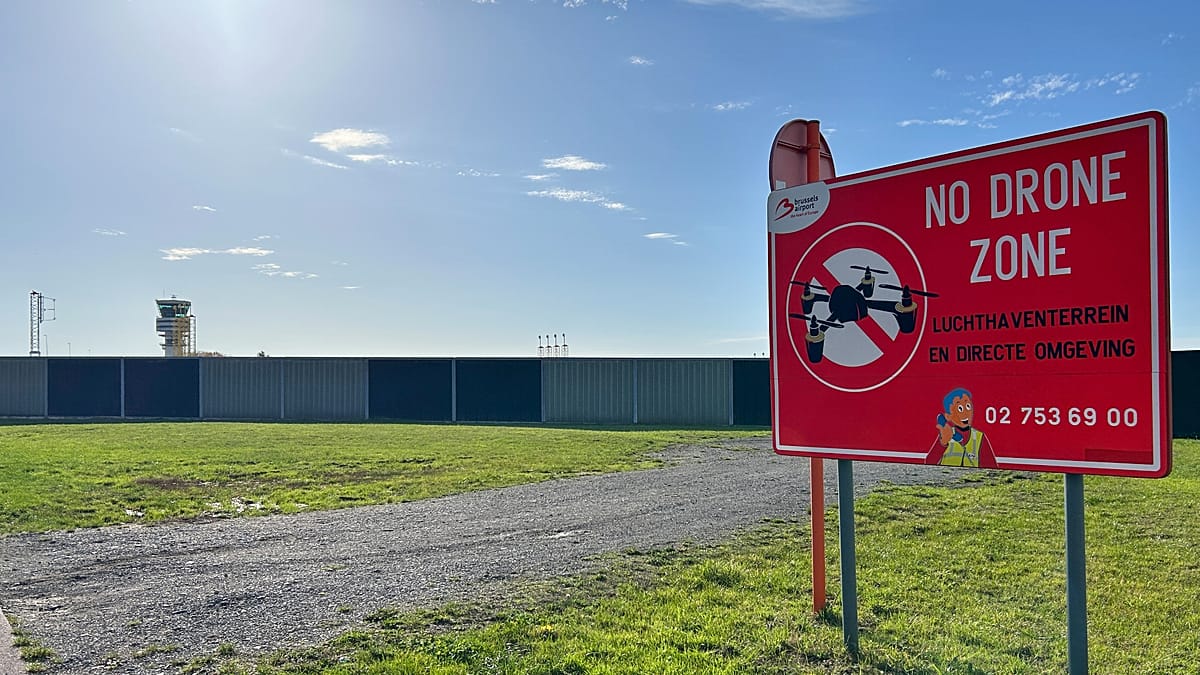By Euronews with AP
Published on
09/11/2025 – 21:45 GMT+1
The United Kingdom will send anti-drone equipment and personnel to Belgium after a series of sightings near airports and military bases in recent weeks. This was stated by Air Chief Marshal Richard Knighton, head of the UK armed forces, during a television interview on Sunday.
Over the past week, both Belgium’s main international airport in Brussels and Liège, one of Europe’s largest cargo airports, have been forced to close temporarily due to drone incursions. This came after a series of unidentified drone flights near a military base where US nuclear weapons are stored.
Knighton said the UK had agreed to “deploy personnel and equipment to Belgium to help them,” following a request from the Belgian authorities.
‘We don’t know – and the Belgians don’t know yet – the source of those drones, but we will help them by providing our equipment and capabilities, which have already started to be deployed to help Belgium,’ Knighton said during an interview on the BBC with Laura Kuenssberg.
Specialists from London to stop drones in Belgium
Defence Secretary John Healey said the UK is sending a team of Royal Air Force specialists to Nato ally Belgium to counter unauthorised drone activity.
“As hybrid threats grow, our strength lies in our alliances and our collective resolve to defend, deter and protect our critical infrastructure and airspace,” he said.
In recent months, drone incidents across Europe have forced airports to suspend flights simultaneously. Russia has been blamed in some cases, but Belgium has not specified who flew the drones.
Belgian Defence Minister Theo Francken said he believed some incidents were part of a ‘spying operation’ that could not have been carried out by amateurs. “Grateful to our British friends for their swift support and solidarity. Sending a British anti-drone team to Belgium strengthens our collective security and demonstrates our unity in countering hybrid threats,” he wrote on X on Sunday.
Belgium is home to NATO and EU headquarters, as well as Europe’s largest financial clearinghouse, which holds tens of billions of euros in frozen Russian assets. Many EU countries want to use these assets as collateral to provide loans to Ukraine, but Belgium has so far resisted.
